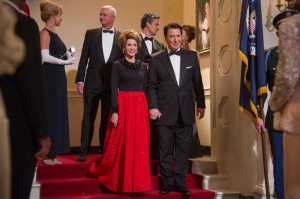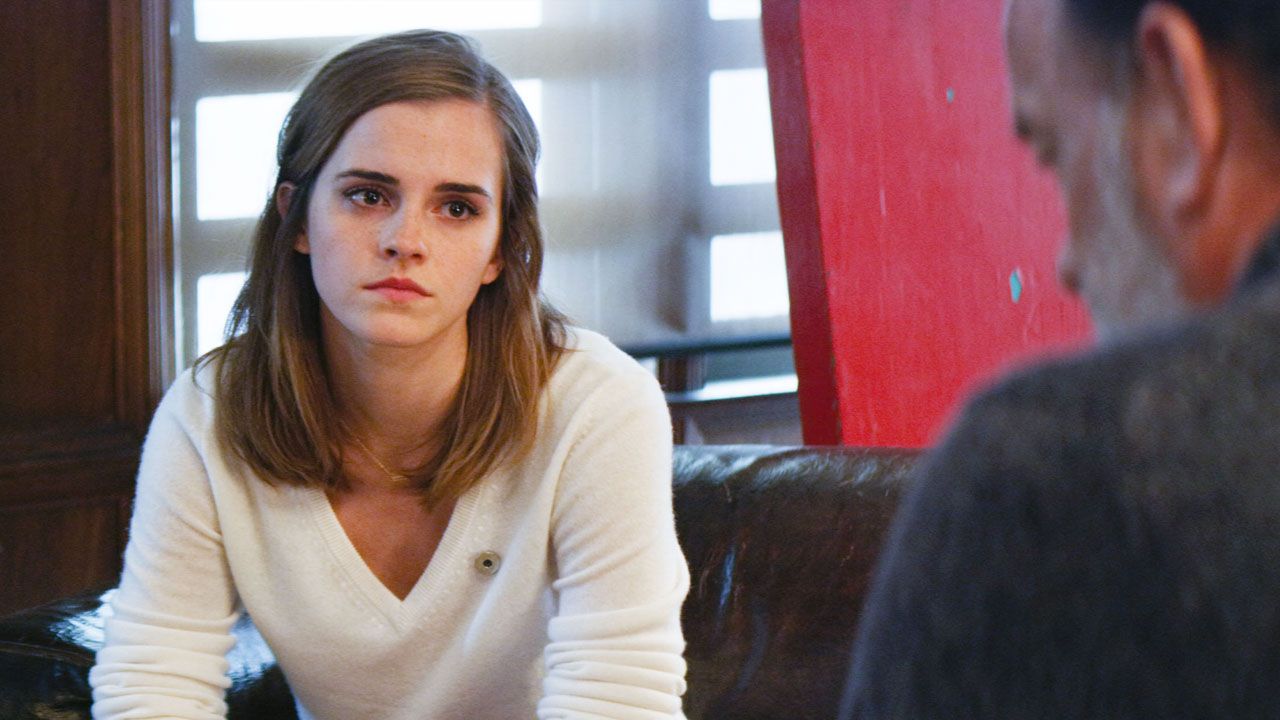There is a crippling, malevolent mythology that comes with our understanding of American history. It’s the belief that the social transition from the end of slavery to present day was instantaneous. As blacks, theoretically, now have the same privileges as whites, it’s been this way since the Emancipation Proclamation, right? This is similar logic to the present day laughable-if-it-weren’t-so-easily-believed premise that the current playing field is tilted toward African-Americans. Yeah, tell a kid born in the ghetto that life is easier for him than his white counterpart in the ‘burbs. You can’t erase the legacy of Jim Crow laws in just one generation. Segregation happened in the lifetime of people you know. It didn’t happen somewhere else; it happened here, in the United States, where we pride ourselves on freedom and equality. In the 1950s, just about the very best work a black man could dream to attain was White House butler.
Based on a true story, Lee Daniels’ The Butler takes us Forrest Gump-like stroll through the life of a man who is both ordinary and extraordinary at the same time. In 1926, Georgia cotton sharecropping child Cecil watches his mother raped and father murdered on the plantation by the overseer. Guessing that wasn’t a good day. The aged matriarch, Annabeth Westfall (Vanessa Redgrave), takes pity on him –without really giving any outward indication of such—and brings him inside to be the house n****r. Sorry, I can’t even stand to look at that word. Cecil develops a skill set enviable among peers, one that will eventually land him in the White House. Getting there, however, is an ugly journey highlighted by Cecil’s destruction of a hotel display window to stave off starvation. When caught, he asks for, and receives, a job. No shit, right? I imagine this is like a punk taking spray paint to Yankee Stadium finding himself batting clean-up against the Sox the following afternoon.
There’s a set of scenes in The Butler that are, quite simply put, why I go to the movies: Cecil Gaines (Forest Whitaker) is a White House butler during the Kennedy administration. His son Louis (David Oyelowo) is a student at Fisk University, but really he’s a freedom fighter. At the very same time in these particular storylines, Cecil is a servant at a White House dinner while Louis is participating in a counter sit-in in Alabama. Lee Daniels and crew have chosen to intermingle the action between the two sets: in DC, everything is civility and white gloves — the lofty of the world dressed to the nines and cordiality rules the day. Down South, blacks at the whites-only service counter face physical and mental abuse. They are verbally attacked, spat on, hit, shoved, doused with ketchup and hot coffee and brought to abuses no human should ever have to endure. This is the legacy of the segregated South and most Americans like to gloss over it as if it happened elsewhere to other people. The contrast in scenes couldn’t be clearer, though. This is a skilled director with a very pointed message.
The Butler is a challenging movie – there is part of you that will say how pathetic it is that this is as far as a black man could rise before the 1970s. There will also be a part of you that asks why are we rooting for this man … this relatively passive figure symbolic of the Uncle Toms of America’s racist past (and present, if we’re being honest)? Lee Daniels makes us fully aware that his role as docile servant is looked upon with shame by certain members of the African-American community, the most obvious being his activist son. Daniels has Martin Luther King (Nelsan Ellis) of all people reshift our understanding by stating without humility or sarcasm that, historically, black household servants, by being hard-working, precise and trust-worthy, are by  themselves symbols of rebellion because they challenge stereotypes. This understanding is extremely important to gauge the power of this picture. Otherwise, you really are just following a simple butler through a timeline.
themselves symbols of rebellion because they challenge stereotypes. This understanding is extremely important to gauge the power of this picture. Otherwise, you really are just following a simple butler through a timeline.
The Butler doesn’t lack for celebrities. Gaines is employed by seven different presidents in 30 years. We are introduced to five of them: Dwight D. Eisenhower (Robin Williams), JFK (James Marsden), LBJ (Liev Schreiber), Richard Nixon (John Cusack) and Ronald Reagan (Alan Rickman). What struck me most about the historical name dropping was that while no single man or woman looked, spoke or behaved quite like the figure we know, they all felt like the celebrity in question. When Vice President Nixon storms the kitchen in an effort to collect black votes, for whatever Cusack doesn’t remind me of Tricky Dick, that was as Nixon as moves get. This is a fantastic piece of work and I’m happy to call it among the year’s best.
The sea of inequity
Is as wide as it’s deep
Fighting oppression
Is ascending most steep
Justice comes quietly
Through repeated visit
Who made it happen?
The Butler did it
Rated PG-13, 132 Minutes
D: Lee Daniels
W: Danny Strong
Genre: The social justice of Forrest Gump
Type of person most likely to enjoy this film: Descendants of slaves
Type of person least likely to enjoy this film: Friends of Jim Crow



